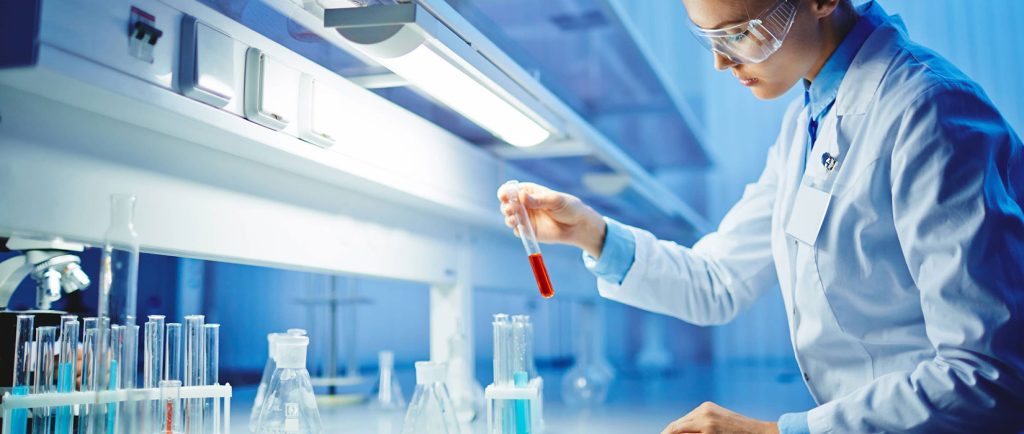API Manufacturing (Active Pharmaceutical Ingredient Manufacturing) is a critical component of the pharmaceutical industry, serving as the foundation for the production of drugs and medications. Over the years, the API manufacturing landscape has undergone significant transformations, driven by technological advancements, globalization, regulatory changes, sustainability initiatives, and the ever-evolving healthcare landscape. Here, we will discuss key trends and practices in API manufacturing from a global perspective.
Outsourcing and Globalization: API manufacturing has seen a trend towards outsourcing, with pharmaceutical companies increasingly relying on contract manufacturing organizations (CMOs) to produce APIs. This globalization allows for cost efficiency, access to specialized expertise, and a broader market reach. Outsourcing also enables companies to focus on their core competencies like research, development, and commercialization.
Quality and Compliance: Stringent regulatory standards and quality compliance are fundamental in API manufacturing. Various regions, such as the United States (FDA) link, Europe (EMA), and Japan (PMDA), have established rigorous guidelines to ensure the safety, efficacy, and quality of APIs. Manufacturers need to adhere to Good Manufacturing Practices (GMP) and invest in quality control measures to meet these standards.

Technological Advancements: The API manufacturing process has evolved with advancements in technology. Continuous manufacturing, utilizing real-time monitoring and automation, has gained traction due to its potential for improved efficiency, reduced waste, and faster production cycles. Additionally, green chemistry initiatives aim to develop eco-friendly manufacturing processes, minimizing environmental impact.
Biopharmaceuticals and Biosimilars: The growth of biopharmaceuticals, including biologics and biosimilars, has influenced API manufacturing. These complex molecules necessitate specialized manufacturing processes, often involving living cells. Ensuring consistency, purity, and scalability in biopharmaceutical API production is a critical challenge that manufacturers face.
Supply Chain Resilience and Security: Recent events, such as the COVID-19 pandemic, have highlighted the importance of a resilient and secure supply chain in API manufacturing. Companies are reevaluating their supply chain strategies, considering diversification, redundancy, and regional sourcing to mitigate risks and ensure a stable supply of APIs.
Sustainability and Environmental Concerns: The pharmaceutical industry is increasingly focused on sustainability and environmental responsibility. API manufacturers are incorporating green manufacturing practices, such as solvent recycling, waste reduction, and energy-efficient processes, to minimize their carbon footprint and contribute to sustainable development goals.
Personalized Medicine and Specialized APIs: Advancements in personalized medicine have led to a growing demand for specialized APIs tailored to individual patient needs. API manufacturers are adapting to this trend by developing flexible manufacturing processes capable of producing smaller batches and a wider range of APIs to cater to specific patient populations.
In conclusion, API manufacturing is experiencing a transformative phase driven by globalization, technological advancements, regulatory demands, sustainability, and shifts in healthcare paradigms. Adapting to these trends and embracing innovative practices is essential for manufacturers to stay competitive, ensure product quality, and contribute to a sustainable and resilient pharmaceutical industry.